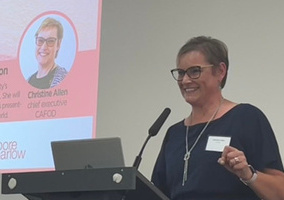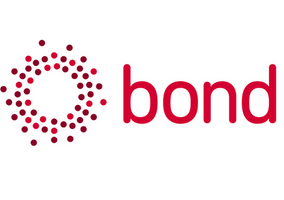Bond has published a free draft guide to support international development charities in taking a locally-led approach and becoming anti-racist organisations.
Becoming Locally Led as an Anti-Racist Practice has been put together by Bond and some of its members, and was developed with the support of the Social Investment Consultancy.
Sarah-Jane Danchie, director for Africa at the Social Investment Consultancy, said the past two years have seen international organisations committing to anti-racism and shifting power in response to the Black Lives Matter movement, “but action has not followed the rhetoric”.
She said: “We heard from organisations that they don't know where to begin – so we hope this guide can help them diagnose where the organisations are at and direct them towards steps to begin the transformation.”
‘Urgent need to address systemic issues of racism’
The guide describes an “urgent need to address systemic issues of racism, decolonise the international development and humanitarian assistance sector, and reimagine the role of INGOs”.
It reads: “The shift needed to ensure local actors have the power and resources to own their development is significant, and the pace of change is slow. This draft guide is designed to support organisations to make significant steps in the journey towards becoming anti-racist and locally-led.”
The guide includes nine organisational elements already identified by INGOs as key to becoming locally-led, such as partnerships, governance structure, business models and organisational culture with some additional elements and modifications.
It also consists of questions that organisations should ask themselves and statements to help identify where they are at each stage of the journey.
‘We all need to adopt new behaviours’
Stephanie Draper, chief executive at Bond, said locally led development is “crucial” to create a more equitable and sustainable development system.
“We hope this guide will incite action from NGOs and the wider international development community to make the necessary changes within their organisation,” she said.
“We all need to adopt new behaviours and mindsets to ensure power is shared fairly and that resources drive more equitable, community-led development. This has become a priority for many in UK-based INGOs, and words must now be put into action to get results.”
Related Articles











